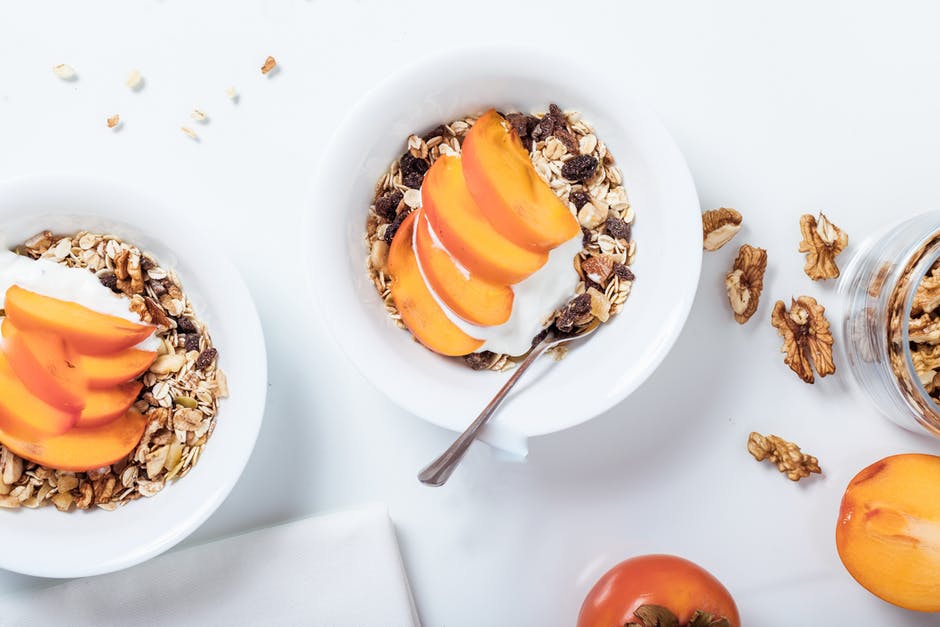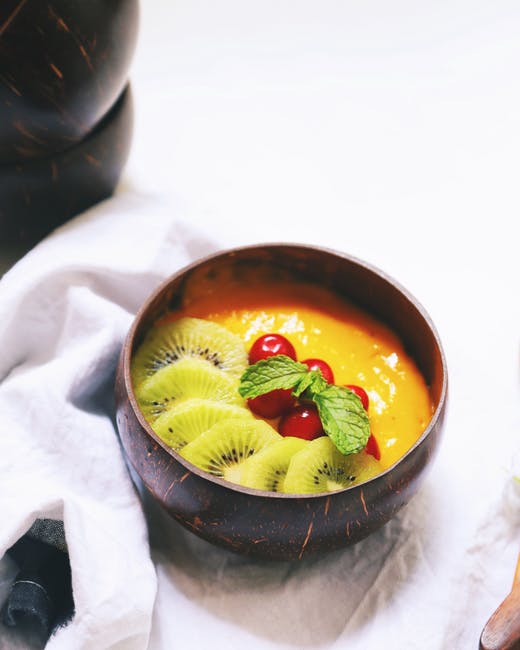What to Eat to Improve Your Digestion.
There are more than 2 million doctor visits for constipation in the USA each year, and hundreds of millions of dollars are spent on laxatives yearly. Lifestyle choices, medications or medical conditions are known to be the leading factors. In my opinion, it’s important to know the causing factors because that will push you to change your lifestyle and get a second opinion from a healthcare provider in case of a medical condition.
Constipation from lifestyle factors may include: poor diet which includes too many rich and fatty foods and too little fiber, dehydration, stress, not going enough or trying to hold stools in.
In addition , it can be a result of certain medications and supplements such as: opioids, anti-inflammatories, anticonvulsant, iron supplements, antacids and much more.
Sometimes, chronic constipation can be related to gastrointestinal and neurological disorders, and these medical conditions include: irritable bowel syndrome or IBS, pregnancy and giving birth, diabetes, intestinal tumors, anxiety, rectal prolapse, stroke, spinal cord injury, dementia, etc…
I personally know people that just hate drinking water. Well, HATE might me a strong word but if you’re not drinking, you’re dehydrated, constipated and much more. According to the National Academies of Sciences, Engineering and Medicine, it is recommended for men to drink about 15 cups (3.7L) of water and women 11.5 cups (2.7L). Many people would prefer to drink sodas for their fluid intake but the amount of sugar that can be found in these drinks can definitely lead to other health issues in the future.

Prunes and prune juice are a time-tested home remedy for constipation in different parts of the world and they work wonderfully. Prunes contain fiber and sorbitol compounds, elements known to ease and speed up bowel movements, improve stool consistency and provide other gastrointestinal benefits.
As much as I don’t like broccoli, I’ll eat it from time to time because of its health benefits. Broccoli contains sulforaphane which is a substance that may protect the gut and ease digestion; therefore more trip to the bathroom.
Many dairy products, including yogurt and kefir, contain microorganisms known as probiotics. Probiotics are often called “good” bacteria, and they may help to improve gut health and soften stools.

I am personally in love with bread and pastas. I can’t go weeks or days without them. So, I usually choose whole wheat breads that also contain nuts and seeds which pack even more fiber into each serving.
Whole wheat products are an excellent source of insoluble fiber, which adds weight to stools and speeds up the flow of materials through the intestines.
Apples and pears contain several compounds that improve digestion, including fiber, fructose, high levels of water, which can help to ease digestion and prevent constipation. It is recommended to eat them raw with the skin intact in order to get the most benefits from them.


Remember to not skip meals, avoid processed or fast foods on regular basis, drink at least 8 to 10 cups (2 to 2.5 L) of liquids every day, particularly water. Moreover, call your doctor if you: have not had a bowel movement more than 3 days, if you are bloated or have pain in your stomach, have nausea or throw up or have blood in your stool. Also, talk to your doctor about a personal regiment because everyone has a different dietary needs.
References:Koyle MA, Lorenzo AJ. Management of defecation disorders. In: Wein AJ, Kavoussi LR, Partin AW, Peters CA, eds. Campbell-Walsh Urology. 11th ed. Philadelphia, PA: Elsevier; 2016:chap 144.
Camilleri M. Disorders of gastrointestinal motility. In: Goldman L, Schafer AI, eds. Goldman-Cecil Medicine. 25th ed. Philadelphia, PA: Elsevier Saunders; 2016:chap 136.
